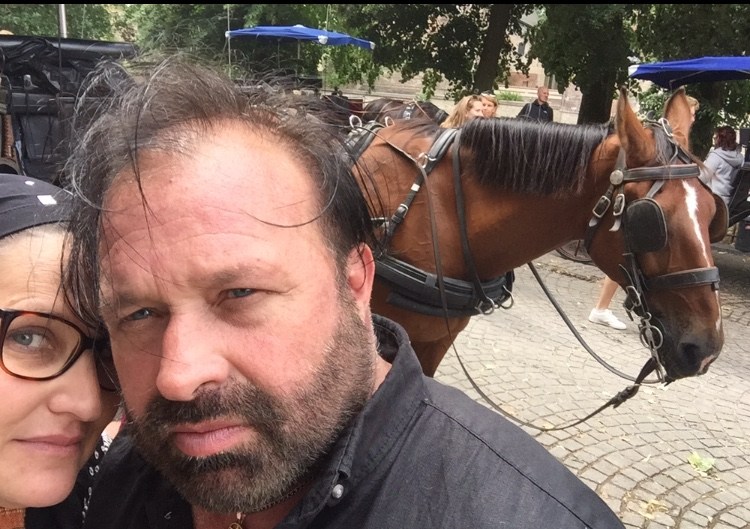Christian is a Philosopher that comes from Belgium. What identifies him the most and above all is simplicity, for everything is better with “vanilla flavour.” Perhaps, for this reason, his intellectual passion is criticism and irony, in the sense of trying to reveal what “hides behind the mask,” and give birth to the true. For him, ignorance and knowledge never “cross paths.” What he likes the most in his leisure time, is to go for a walk with his wife.
Scott Douglas Jacobsen: What is a proper definition of gifted?
Christian Sorenson: I feel that “gifted,” is “someone with different and superior cognitive capacities,” that leads him to “see and interpret” the “surrounding world,”
including itself, and the “problems” that these offer, from a “unique perspective,” and therefore formulates “creative” and “simple irreducible responses,” in front of “complexities of any nature.”
Jacobsen: What are the levels of gifted?
Sorenson: In my opinion the “levels” are respectively of moderate, high, very high, exceptional, profound, and incommensurably gifted.
Jacobsen: What should one expect in each level of giftedness?
Sorenson: I believe, there is a “turning point” with “profound giftedness,” since up to that level only exists the ability to solve “increasingly complex problems.” Therefore, from this last, besides that it is also possible to solve them in their “maximum depth,” and in a “more integrative-related way,” it is factible to arrive to “levels of consciousness” that are beyond “three dimensions.”
Jacobsen: What are the types of issues of the various levels of gifted?
Sorenson: In general, up to the level of the “exceptionally gifted,” they are “highly successful” academically and occupationally speaking, and for that reason, they are also “socially valued.”
The problem begins with the “profounds,” since they are socially “very discriminated and rejected,” for being seen usually as “strange individuals.” They tend to have “low academic performance,” normally are “undervalued” in their abilities, almost “never integrate” normally into the world of work, and used to be also “unsuccessful” in their personal lives.
Jacobsen: What are the most accurate, reliable measurements of intelligence now?
Sorenson: I think that those “measurements” that are carried out by “professionals,” psychologists and psychiatrists through “mainstream test” such as Wechsler and Stanford-Binet scales, which in other arrive to valid, reliable and “realistic IQ scores.” The rest are “games,” without any “professional psychometric basis,” that yield “fanciful and inflated results,” which apart from creating “false expectations and parallel realities,” are far above “mainstream tests,” and “rather closer to god.”
Jacobsen: How can parents provide for the advanced intellectual needs of the gifted?
Sorenson: I feel that first of all “not being scared,” and giving a family environment of “much affection and understanding” to them. And secondly, worrying about “integrating them” into an means of children with “similar capacities,” since in that way they will able to develop at their own rhythm their “full cognitive potential” and thus mature emotionally in “freedom and harmony.”
Jacobsen: What happens when needs of the gifted aren’t met?
Sorenson: “Failure” occurs, a feeling of “frustration arises,” and “low self-esteem” is reached.
Jacobsen: What are stellar programs and organizations that parents can look towards?
Sorenson: I think it is a good idea to look for “special schools” for gifted children, “conservatories” of music and art, and psychological therapy of “family systemic orientation.”
Jacobsen: Mensa International, Intertel, Triple Nine Society, Prometheus Society, and Mega Society are listed as the most reliable high-IQ societies. What other communities can exist for the gifted and talented?
Sorenson: Schools that promote fine arts, literature, and science, and organizations with specific sports disciplines.
Jacobsen: Any recommended books on the subject from beginner to advanced?
Sorenson: From my point of view, rather they would be two movies “Good Will Hunting” with Matt Damon and “Rebel Without a Cause” with James Dean, and the book “The Name of the Rose” of Umberto Eco.
Jacobsen: Thank you for the opportunity and your time, Christian.
Sorenson: You are very welcome.
Image Credit: Christian Sorenson.

